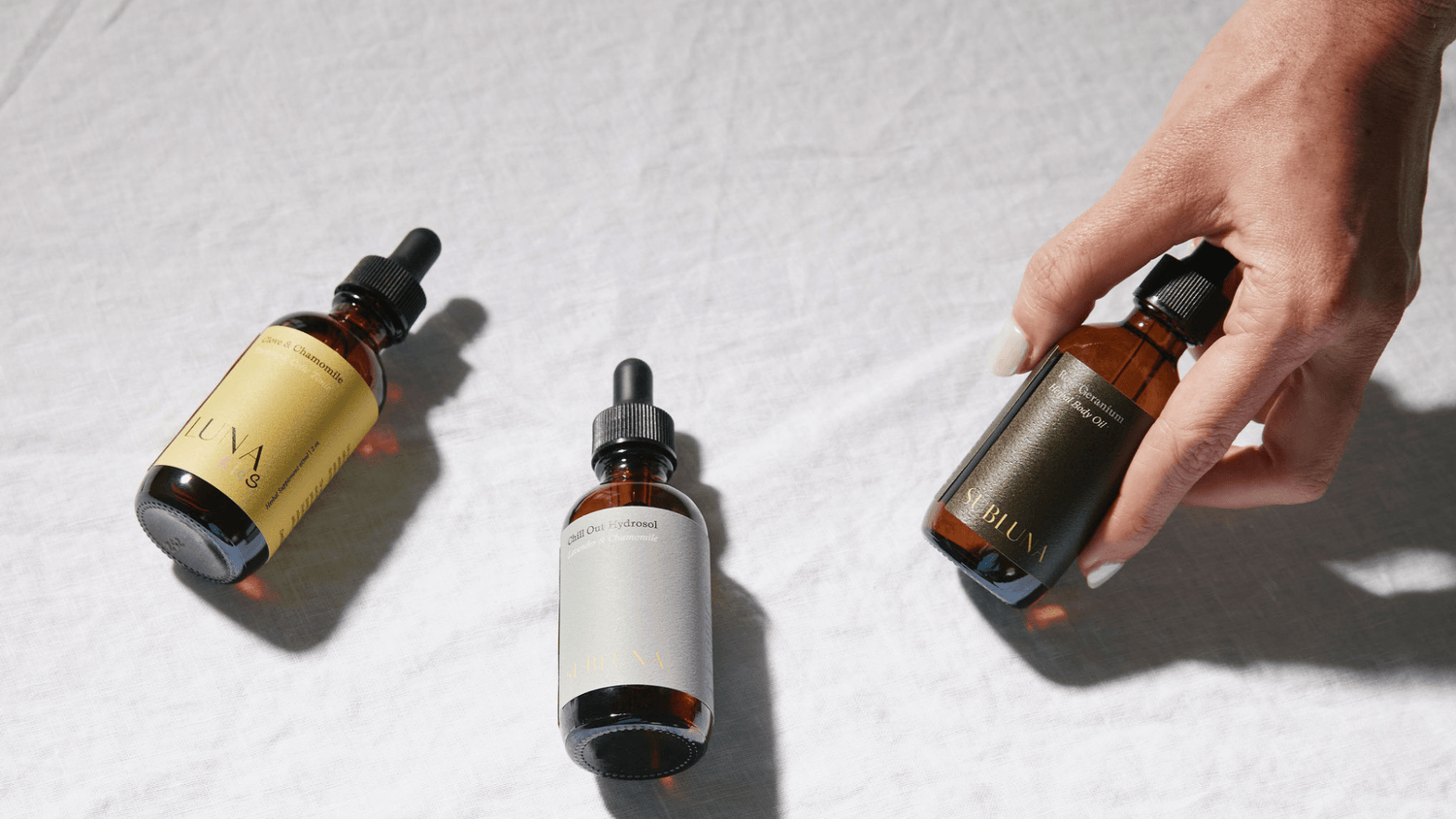How To: Dosing Herbal Medicine
Mastering the Art of Dosing Herbal Medicine for Optimal Health
One of the biggest challenges in herbal medicine is determining the right dosage. Whether you're a seasoned herbalist or new to herbs, the flexibility in dosing can feel frustrating compared to the precise measurements used in pharmaceuticals. However, herbal medicine works in a much more adaptable space, making it unique.
Why Herbal Dosing is Different
Pharmaceuticals are prescribed in exact doses, and taking too much can be harmful. With whole plant herbs, the risks of taking "too much" are minimal. Overdoing an herb might cause temporary discomfort, like feeling overheated after too much ginger tea, but it's rarely dangerous. Often, it's more of a waste of product than a real concern.
The Myth of One-A-Day Dosing
A common misconception is the "one-a-day" mentality. Many people believe herbal medicine works the same as pharmaceuticals, but herbs have a much shorter half-life and exit the body quickly. To be effective, herbs need to be taken consistently throughout the day.
For example, if your herbal tincture suggests 10 droppers daily, don't stretch it by taking less. This often leads to poor results, making people think the herb doesn't work. In reality, herbs like echinacea may require frequent dosing, sometimes even every hour, to be effective.
Herbal Dosing: No One-Size-Fits-All
When it comes to dosing herbs, there are many variables to consider: age, weight, sex, and sensitivity. The recommended dose on a tincture bottle is simply a starting point. Each person's body responds differently, so finding the right dose involves personal experimentation.
Starting Points for Herbal Dosing
- Tinctures: Start with 1-2 droppers per dose. If you're sensitive, reduce the dose. Larger individuals may need 2-3 droppers.
- Frequency: For chronic conditions, take your dose 2-3 times daily. For acute issues, take the dose every 15-30 minutes until relief is noticed.
Herbal Tea and Capsules
- Tea: Drink one cup three times a day, or brew a quart of infusion to sip throughout the day.
- Capsules: Start with the recommended dose on the label and adjust as needed.
Dosing for Children
Herbal dosing for children is simple and based on body weight. Infants can start with a few drops of tincture, while older children can take ¼ to ½ of an adult dose. In some cases, a full dose may be appropriate for acute issues.
Understanding Low-Dose Herbs
Certain herbs, like poke root or lobelia, should be taken in very small amounts. These herbs are clearly labeled as "low-dose" and require special attention.
Body Literacy and Herbal Dosing
Successful herbal dosing is about body literacy, aka tuning into your body's unique needs and responses. Herbal medicine isn't one-size-fits-all, and the key to finding your ideal dose is listening to your body. By adjusting doses and observing how your body responds, you'll discover what works best for you.
Herbal medicine is a journey that requires awareness and care. By building a partnership with the plants, you can achieve maximum benefits and cultivate a deeper understanding of your body's needs.



